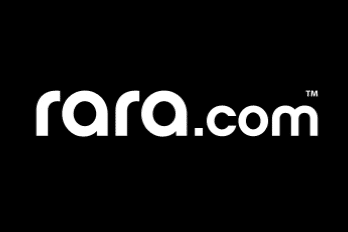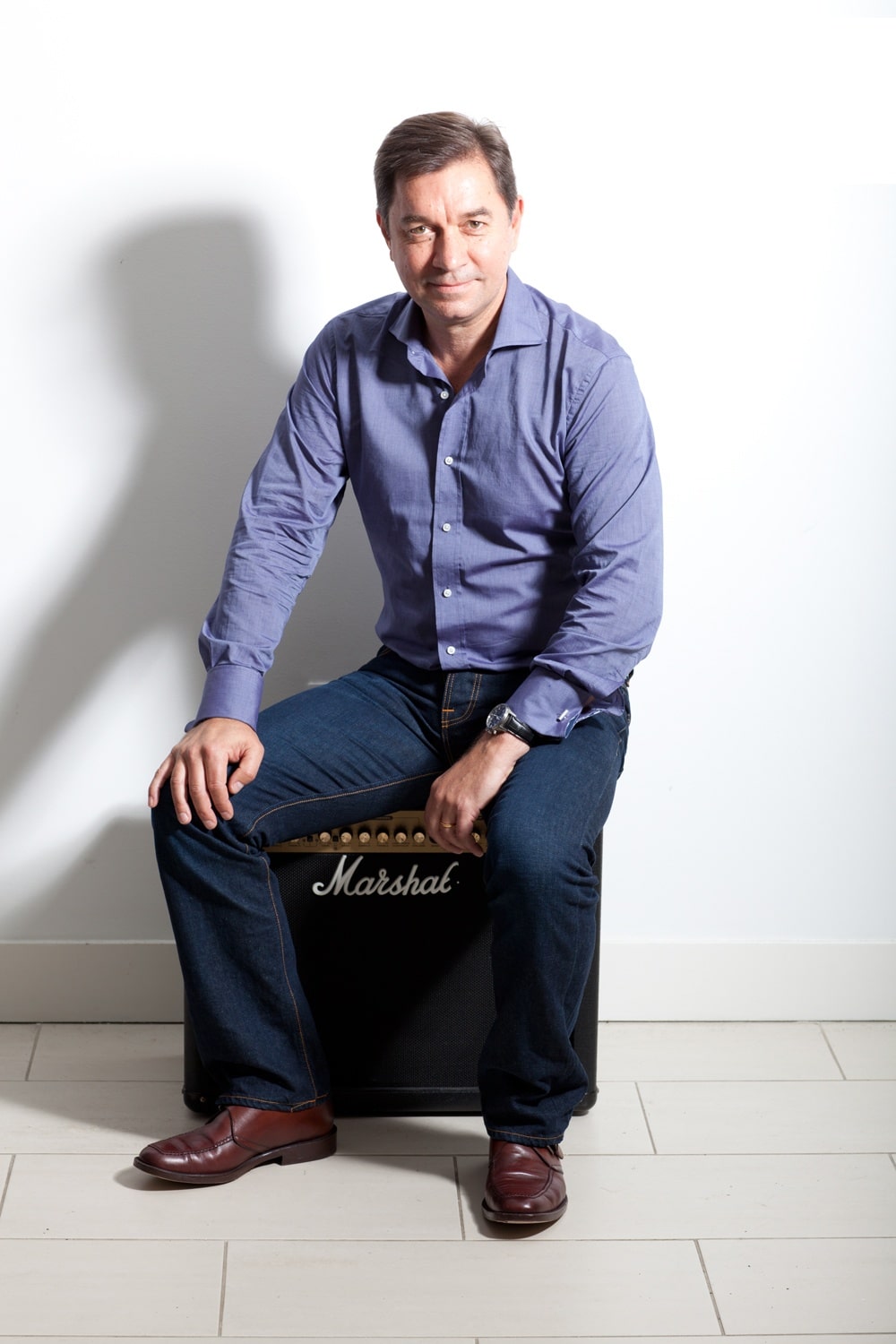
 After 10 months in a kind of public stealth launch mode, the unlimited music service spun out from the vendor Omnifone will soon be launching properly, with a marketing campaign and its first apps. Rara is:
After 10 months in a kind of public stealth launch mode, the unlimited music service spun out from the vendor Omnifone will soon be launching properly, with a marketing campaign and its first apps. Rara is:
- launching on iOS, Android and Windows 8.
- upping its catalogue from 10 million to 18 million tracks with new indie signings from Merlin, The Orchard, VidZone, INgrooves Fontana and Believe Digital.
- gaining bundled carriage on Lenovo Windows PCs, tablets and Android devices.
- upping its availability from 20 to 27 countries.
To anyone who has watched Rara’s activity – or, rather, lack of – since it was spun out in December 2011 so Omnifone could concentrate on being a B2B vendor, knowledge that Rara already operates in 20 countries is surprising. The company has few subscribers so far, if its reluctance to disclose user count is anything to go by.
“We came out of the gate very quickly,” CEO and Coca-Cola veteran Nick Massey tells paidContent.
“The priority over the last 10 months has been to complete the technical work. We’re now ready to start leaning in to the product.”
That will major on actually marketing the service in six countries – the US, UK, Sweden, Germany, Spain and Australia. But the campaign will be online-only, comprising networked display ads, Facebook ads, search engine marketing and affiliate partners.
As MP3 downloads slow down, music subscription is a segment ripe for business by several players. But it is also one increasingly dominated by its darling Spotify. Rara, launching substantially later, will have its work cut out making any headway.
Massey suggests Rara’s differentiation lays in Omnifone’s office location, the HQ of a record label.
“We’re competing for hearts and minds,” Massey says. “We want Rara to mean something in an authentic manner in the music space.
“We were born in Island Records, where Bob Marley recorded his music – we think we have compelling story to tell.
“We’re not like others who want to sell devices or software serves, we’re just about the music.”
But Rara faces big challenges, and some of the differentiators Massey spotlights are also professed by Spotify’s many other challenges.
“Hand-curated playlists are highly relevant to a mass-market consumer who is not necessarily a hardcore music fan,” he says.
“Rather than go home and go straight to the search box, maybe a better way is to go to the chillout playlist we have hand-curated for you.”
What is different is that, unlike Spotify and some rivals, Rara will not use the freemium model to pick up users for conversion to its premium service (£4.99 on desktop, £9.99 for mobile).
Instead, all users must pay from the outset – £0.99 or $0.99 for a three-month opening period before the full-price requirement kicks in. In this model, Massey claims to avoid some of the business model questions that have fallen on its more popular rivals.
“Eighty percent of all the people who use freemium never pay you,” he says.
“They have to bring in outside investment to prop up the usage. That’s not our model.
“Every user pays from day one, albeit something, so our requirements from capital are a lot less than the freemium guys.
“That leap (from £0.99$0.99 to £4.99/$4.99 and £9.99/$9.99) is less risky than the leap of taking someone who can’t or won’t pay and trying to convert them.”
That approach may make Rara more sustainable than Spotify, and requiring payment from everyone may give it better conversion rates. But it may also discourage younger listeners and other refuseniks who simply won’t ever discover the service.